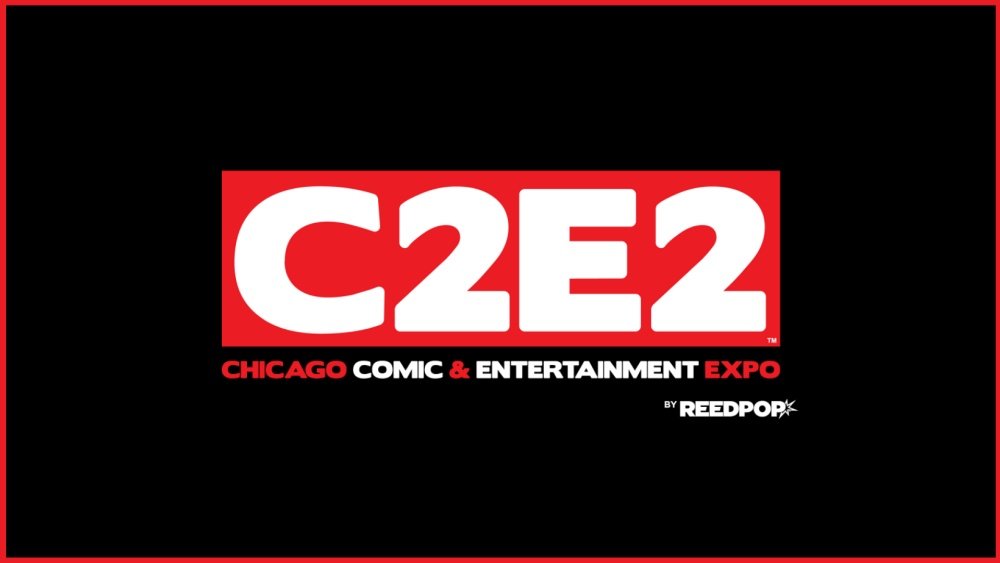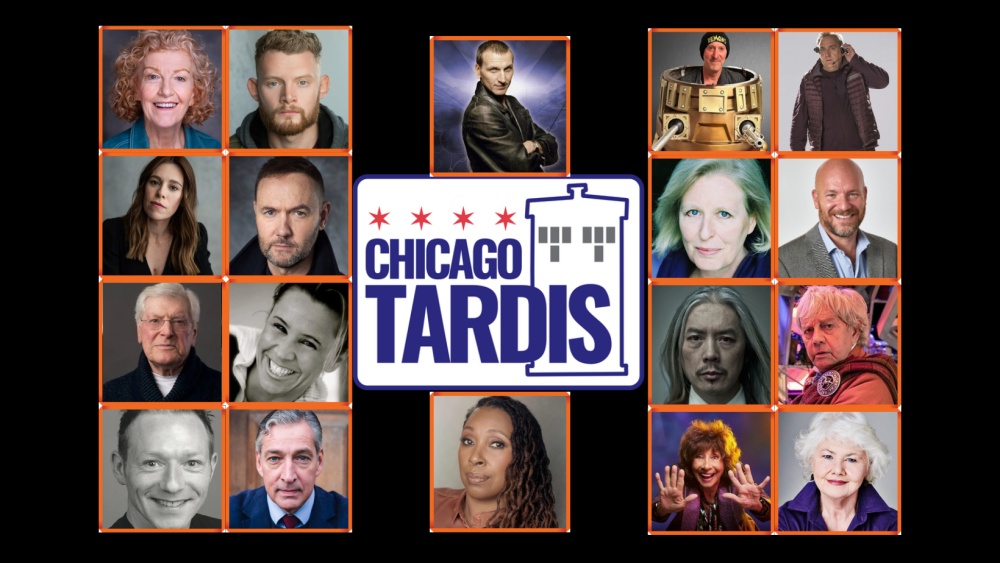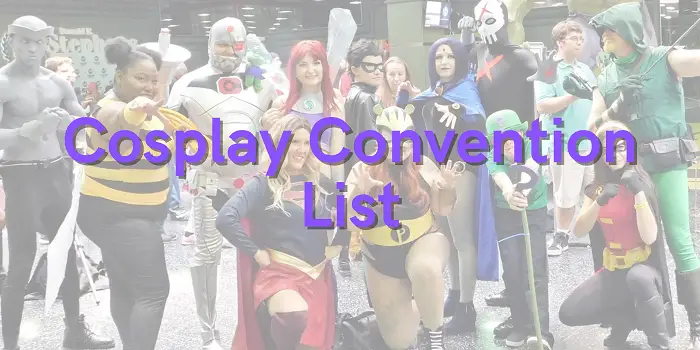We’ve been doing a lot this year on bad conventions, such as conventions that have totally failed due to mismanagement. Rewind Con and Daytona 2050 were the biggest this year.
Many failed conventions were started by people who merely had a vision but no idea how to implement them.
Unlike Field of Dreams, people won’t just show up. To run a successful convention takes a lot of hard work and commitment in all stages – from planning all the way through to the day after the event. If your event is successful and you want to run another one, then you also need to be prepared to start all of that hard work again, the second the first convention is over
Thank you to David Doub for giving me the ideas and letting me use them as the basis of my article.
- Figure out why you are doing the convention. If it is strictly because you see it as a money making venture, then stop now. Making money in your first year can be difficult; if you manage it, then congratulations. Odds are pretty good that you won’t make money, you might break even. Most of the truly good conventions are started by someone who loves the genre and wanted to see a particular aspect of it, or wanted a convention closer to home.
_ - Figure out what you want the focus to be. Is it a comic convention, an autograph show, collectibles show, fringe artists, or something else? Don’t stretch your show too thin by trying to cover everything, pick a primary idea and generally stick with it. Covering too many genres will stretch your convention and make it seem like a hodgepodge of a mess.
_ - Be willing to put the blood, sweat, and tears into every stage of the convention, from start to finish.
 _
_ - Before you get much beyond the idea stage, start talking to people. Talk to as many people as you can in the convention scene. Talk to creators, con runners, convention volunteers and anyone else that may be involved. Ask them about their experiences – what was good, what was bad. Ask what they would or wouldn’t do again. Take their advice into consideration.
_ - Volunteer at a few local conventions so that you have a different perspective. See what goes on behind the scenes and get a feel for the amount of work involved.
_ - Be aware of the local calendar, there are always events going on. You might be the only comic convention in town that weekend, but the next town over might be having an anime con, or maybe your town has a giant festival. Other events in the area will have a direct effect on your attendance numbers.
_ - Create a solid team. Don’t go it alone. You want staff you can rely on that can give you advice and suggestions and that can jump into the fray when things go wrong.
_ - Start with a small, one-day show. This will give you a place to start so you can build a fan and client base. Without a fan base, you won’t get ticket holders. Without ticket holders, you won’t make money.
_ - Only do one show a year. This allows you to build a fan base and get a feel for the local crowd while giving you time to properly plan your event.
_ - Don’t overbook your talent. Start small with local talent and if you want a name draw, then only go with one or two that you can afford.
 _
_ - ADVERTISE! This can not be stressed enough. Make sure you have an advertising budget and use it. Radio, TV, newspaper, and social media. Don’t rely only on social media and word of mouth, it doesn’t work. You want people to come to your convention, then make sure they know about it.
_ - Be kind to your volunteers and train them. They need to know what is expected of them. Don’t forget to reward them before, during and after the show. You want them to show up. You may not be paying them money, but always put a budget in to keep your volunteers happy. They are the backbone of your convention and without them, you would have a lot more work to do and a lot of unhappy guests and fans. A poorly run and unhappy volunteer crew can break even the biggest convention. Remember, “please” and “thank you” go a long way….pizza and soda doesn’t hurt either. 😉
_ - Don’t rely on ticket sales and day of the event money to pay your bills. Consider a worse-case scenario and be prepared to pay everything out of pocket. If the convention bombs, at least you know you are covered and all your guests will be paid. You don’t want lawsuits for contract breaches from unhappy guests.
_ - Be patient. Anything worthwhile will take time to build. One con may be an overnight success, but some take years to build up. You can use other shows as a guide for growth and expectations, but don’t be wholly bound to those. If you are truly serious about a show, then you must be willing to put in the time to build one up. Now on the flip side, don’t be stubborn to change when some things aren’t working. A convention is a balancing act of a lot of moving pieces that will take time and effort to find the right equilibrium for your show.
_ - The day after the convention, contact people; start thanking them and giving them updates on future plans.
_
These are in no way the definitive be all and end all rules for a convention. They are only a guideline…a place to start.
As for the actual running of the convention…that’s a whole different and more complicated issue that I might cover at another time.
In the meantime, definitely provide comments on what you want to see in a convention, mistakes in a convention, and advice for anyone running one.






I have a blog with something in a similar vein. I’m posting tips and tricks for being a successful artist at a con. Can I reblog this on mine?
Feel free to reblog as long as we get credit and a linkback